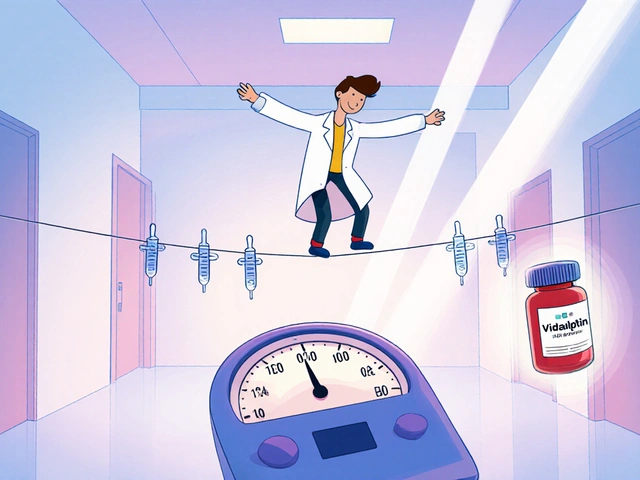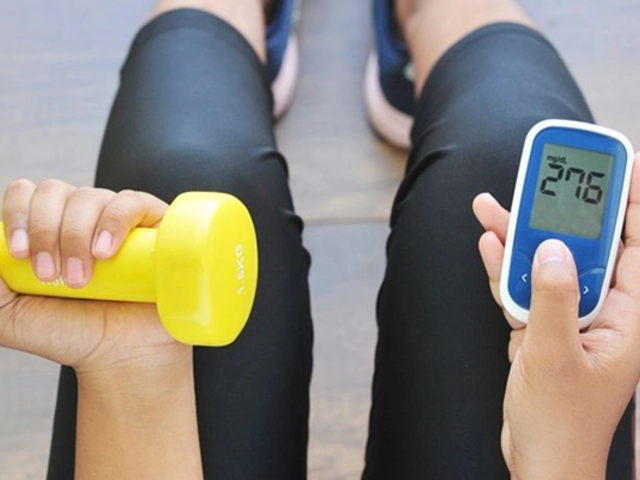Peptide supplements: what they do and how to choose them
Peptide supplements are everywhere right now — from collagen powders at the grocery store to research-grade peptides sold online. But not all peptides are the same. Some are common, regulated, and supported by human studies. Others are experimental and sold as "research chemicals." If you want results without unnecessary risk, you need to know the difference.
Common types and what they actually do
Collagen peptides: these are short protein fragments that many people take for skin and joint support. Several small clinical trials show benefits for skin elasticity and joint comfort when people take about 2.5–5 g daily for 8–12 weeks. They’re food-derived, widely available, and generally low-risk.
Growth-hormone–related peptides (like GHRPs and secretagogues): marketed to boost growth hormone or recovery. Human evidence is limited, and effects can be inconsistent. Expect higher cost, injection forms, and more possible side effects like water retention or changes in blood sugar.
BPC-157 and TB-500: popular in fitness and recovery circles. Most data comes from animal studies and small human reports. That means safety and long-term effects aren’t well established. These are usually sold as research peptides, not approved supplements.
How to pick a peptide supplement
Start with your goal. Want better skin or nails? Collagen peptides are the sensible, low-risk place to try. Looking for performance, recovery, or hormones? Pause and talk to a clinician — many of those peptides need medical oversight.
Check the label closely. Look for clear ingredient lists, serving sizes, and manufacturer contact info. Prefer products with third-party testing (USP, NSF, or independent lab certificates). If a product hides batch numbers or won’t share a certificate, walk away.
Form matters. Collagen comes as powder or capsules and is easy to use. Many experimental peptides come as freeze-dried vials for reconstitution; those require sterile technique and injections — not something to try casually at home.
Be realistic about claims. No supplement will offer dramatic fixes overnight. If a product guarantees extreme results or cites only animal data, that’s a red flag.
Cost vs. value: cheap isn’t always bad, but extremely cheap research peptides usually mean poor purity, which raises safety concerns.
Storage and dosing: follow the manufacturer’s instructions. Some peptides need refrigeration after reconstitution. Dosing ranges can vary a lot — too much increases risk, too little may do nothing. For most collagen supplements, follow the labeled dose. For anything injected or affecting hormones, consult a healthcare provider first.
Final checklist before buying: know your goal, confirm third-party testing, verify company info, avoid products making medical claims, and consult a clinician for hormone or injected peptides. Safe choices start with clear labels and reliable testing, not hype.

Buy Peptides Online: A Guide to Safe Online Pharmacies Like geopeptides.com
Explore how geopeptides.com offers a secure and reliable way to buy peptides online, learn insider tips on safety, legality, and best practices for online peptide purchases.
Read More




